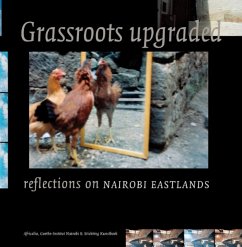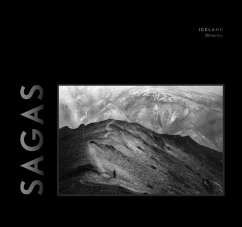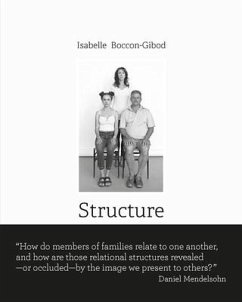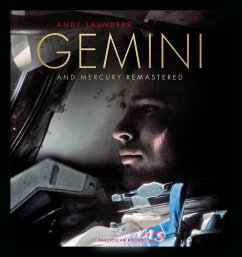Nicht lieferbar

Gebundenes Buch
Imagine: Reflections on Peace
Versandkostenfrei!
Nicht lieferbar




Why is it so difficult to make a good peace when it is so easy to imagine? That is the question behind Imagine: Reflections on Peace.
ABOUT THE EDITORS: Gary Knight is co-founder and principle architect of the VII Photo Agency, co-founder of the VII Foundation and founder of the VII Academy. He is also a member of the Board of Trustees of the Frontline Club, London; co-founder of The GroundTruth Project, Boston; founding Director of the Program for Narrative & Documentary Practice at the Institute for Global Leadership at Tufts University; twice Chair and President of the World Press Photo Award; was a Nieman Fellow at Harvard University in 2009, a Logan Non Fiction Fellow at the Carey Institute in 2017, and an acclaimed photographer. Constance Hale is an award-winning writer, editor, and author of six books, including “Wired Style” and “Sin and Syntax.” Fiona Turner is an Emmy award winning broadcast journalist, producer, and doc-umentarian. Her first full-length documentary film, “Eat Up,” was released in 2019. Ron Haviv is a co-founder of the VII photo agency and the VII Foundation. He has won multiple awards for his photojournalism.
Produktdetails
- Verlag: Hemeria
- Seitenzahl: 408
- Erscheinungstermin: 6. Oktober 2020
- Englisch
- Abmessung: 246mm x 182mm x 47mm
- Gewicht: 1046g
- ISBN-13: 9782490952090
- ISBN-10: 2490952099
- Artikelnr.: 60040007
Herstellerkennzeichnung
Libri GmbH
Europaallee 1
36244 Bad Hersfeld
gpsr@libri.de
Für dieses Produkt wurde noch keine Bewertung abgegeben. Wir würden uns sehr freuen, wenn du die erste Bewertung schreibst!
Eine Bewertung schreiben
Eine Bewertung schreiben
Andere Kunden interessierten sich für












